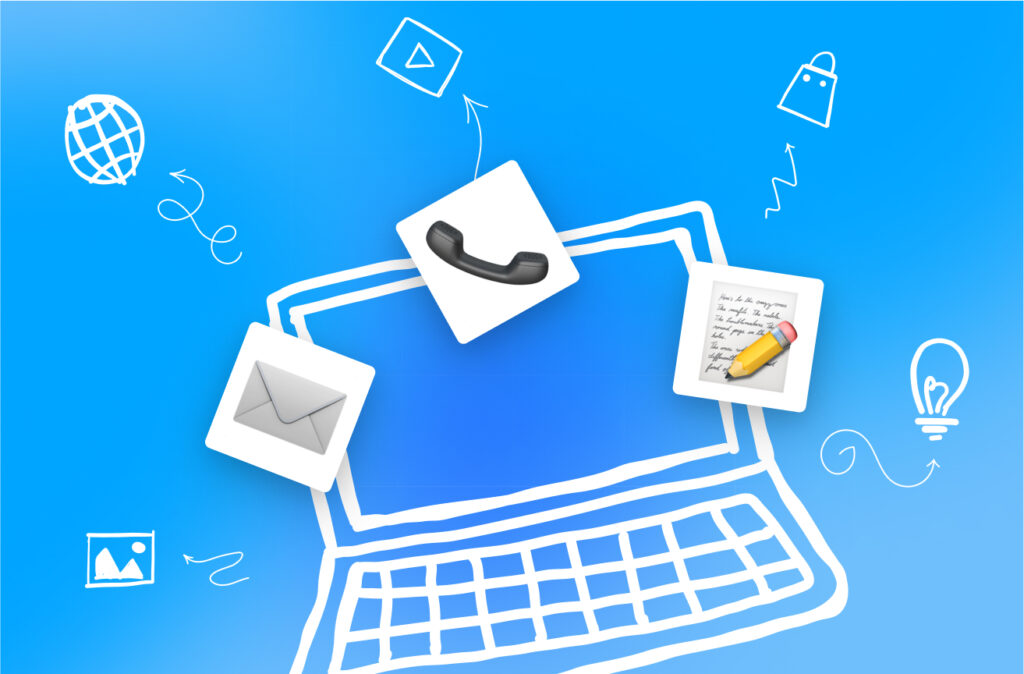
Managing relationships in a B2B environment isn’t as simple as exchanging emails and signing contracts. It’s a complex network of shared goals, ongoing communication, performance tracking, and mutual accountability. And when partner programs start to scale—more vendors, more data, more expectations—things get messy fast.
This is where ERP system for IT shows its real strength. By offering a centralized, data-driven approach to managing partners, ERP systems help businesses stay in control without drowning in admin work. Let’s break down how ERP supports partner programs and enhances entire B2B ecosystems.
Centralized Data: One Truth for All
The first challenge in managing partner programs is visibility. Different partners might be using different tools, different metrics, and sometimes even different interpretations of shared goals. Without a common system to bring it all together, alignment becomes almost impossible.
ERP solves that by giving everyone—internal teams and external partners—a single source of truth. Contracts, sales targets, joint marketing efforts, inventory levels, commissions, and even support tickets can all live in the same ecosystem. That means less confusion, fewer mistakes, and faster decision-making.
Instead of manually updating spreadsheets after every partner transaction, an ERP system automatically records and syncs the data in real time. That’s not just convenient—it’s accurate. And in partner relationships, accuracy builds trust.
Automating the Back-and-Forth
Managing multiple partners also means dealing with a lot of routine communication. Think: updates about pricing changes, inventory availability, marketing collateral, compliance requirements, onboarding, and quarterly reviews. That’s a lot to juggle.
With ERP, you can automate a big chunk of this. New pricing can be rolled out across partner portals instantly. Alerts and reminders can be set up for renewals or contract milestones. Shared dashboards allow partners to see exactly where they stand in terms of performance or co-marketing goals. The result? Less email ping-pong and more productive conversations.
ERP also helps streamline onboarding. Instead of manually sending out welcome materials, NDAs, training content, and product documentation, the system can trigger everything automatically based on pre-set rules. Partners feel supported from day one—and you save hours every week.
This approach is especially useful in industries with layered vendor structures, such as tech and software. In fact, many ERP solutions for managing IT business come with built-in workflows designed specifically to coordinate with partner networks and external teams.
Smarter Tracking for Smarter Decisions
If you don’t know how your partners are performing, you can’t improve anything. But tracking performance across dozens (or even hundreds) of partners? That’s a full-time job—unless your ERP system does it for you.
Modern ERP platforms come with robust analytics and reporting features. You can track sales performance by partner, campaign ROI, fulfillment rates, and even partner satisfaction (through feedback tools and automated surveys). This kind of data makes it easier to spot your best-performing partners, identify those who need more support, and reallocate resources accordingly.
Built for Growth, Aligned for Trust
As your partner network grows, complexity naturally increases. More agreements. More reporting. More expectations. More potential for things to fall through the cracks.
An ERP system grows with you. It helps keep the structure intact as your ecosystem expands. That means fewer headaches during growth periods, less need to hire extra coordinators, and more consistency across the board.
ERP for IT project management makes this even more effective by offering tools that support planning, monitoring, and collaboration—both within your organization and across partner channels.
ERP also plays well with other tools—like CRMs, marketing platforms, and supply chain software—so you can build an ecosystem that supports both internal teams and external partners seamlessly. It becomes the backbone of your partner strategy.
And here’s the bottom line: B2B ecosystems are built on trust. You can’t fake reliability. But you can put the right systems in place to support it. An ERP won’t replace human relationships, but it will make them smoother, clearer, and more scalable.
So whether you’re building new partnerships or optimizing long-standing ones, a smart ERP setup can be the difference between growing pains and sustainable success.
you achieve your goals!




